EuroGard10 in Rome Elevates Role of Botanic Gardens in Ecosystem Restoration
-
Region
Europe -
Workstream
Sharing Knowledge and Resources -
Topic
Services for Botanic Gardens -
Type
News -
Source
BGCI
News published: 6 October 2025
EuroGard10 was held in Rome (Italy) from 22 to 26 September 2025 bringing together 236 participants from 36 countries.
The European botanic garden community gathered in Rome for EuroGard10, the 10th European Congress of Botanic Gardens, under the banner “Botanic Gardens in the UN Decade of Ecosystem Restoration.” With the global call for ecological restoration becoming ever more urgent, the Congress positioned botanic gardens not merely as repositories of plant diversity, but as active agents in restoring degraded ecosystems, informing policy, and sharing knowledge to safeguard plant diversity.
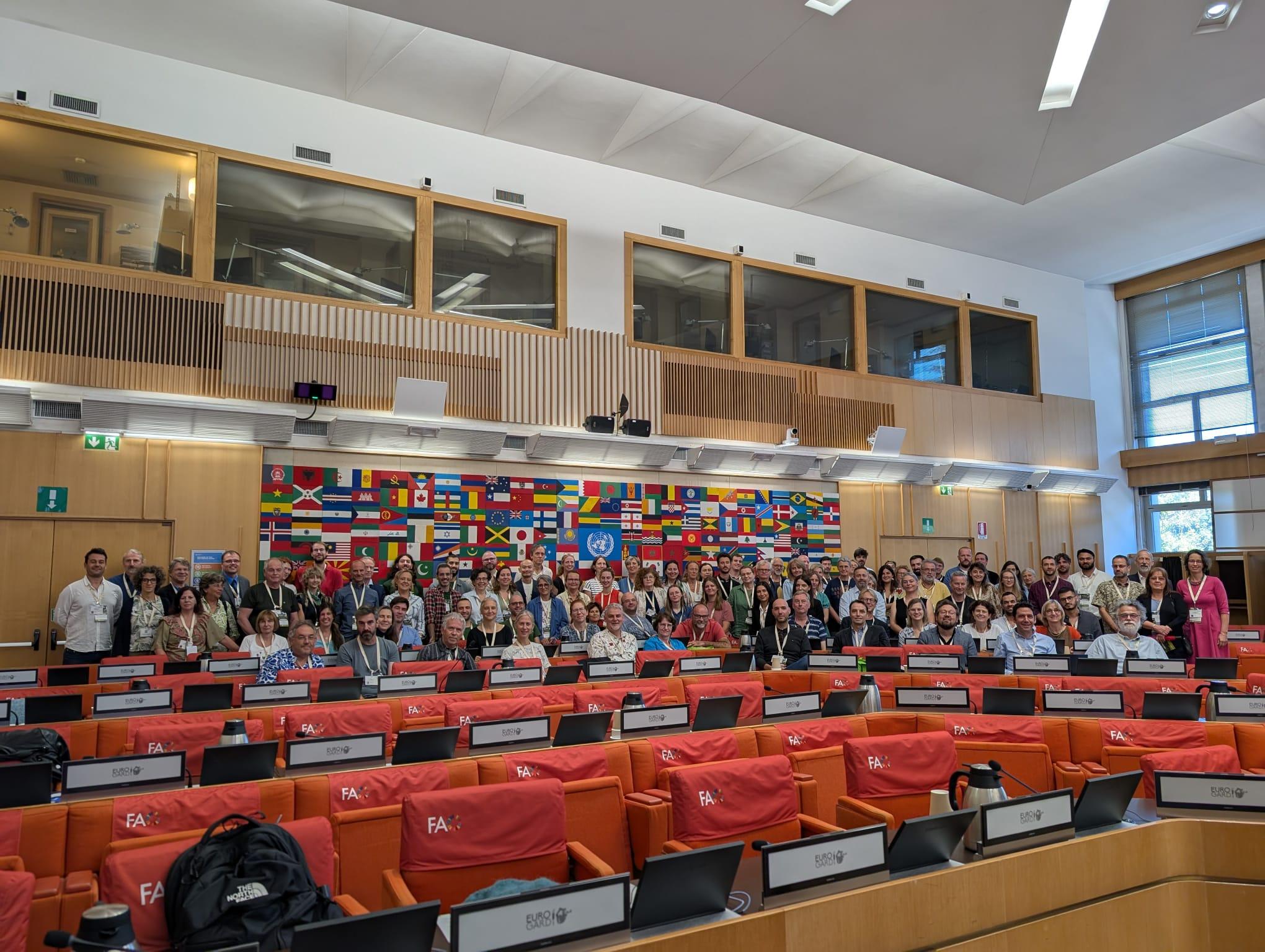
Congress themes & scope
EuroGard10 was structured around four major thematic pillars:
- Role in Plant Conservation & Ecosystem Restoration: botanic gardens were challenged to expand beyond ex situ conservation and engage more deeply with ecological restoration in situ.
- Policies & Standards: aligning with frameworks such as the Kunming-Montreal Global Biodiversity Framework, the Global Strategy for Plant Conservation and new European nature restoration legislation, the Congress explored how botanic gardens can influence, adopt, and harmonise standards for restoration.
- Networking, Society, Public Engagement & Education: recognising that restoration is as much a social as ecological task, sessions addressed citizen science, community engagement, educational strategies, and outreach.
- Science, Sustainability & New Technologies: emphasis was placed on digitisation, data interoperability and standards, sharing of data, sustainable garden operations, and other technological tools to support restoration and living collection management.
Highlights
In his opening lecture, Stephen Blackmore (BGCI’s former Chair of the board) underscored a principal conclusion: botanic gardens should see ecological restoration as the ultimate purpose of their collections and conservation efforts, and should actively seek partnerships enabling them to supply plant material and know-how at scale.
“All botanic gardens can contribute to ecosystem restoration” Stephen Blackmore
A keynote speech by Paul Smith addressed how botanic gardens can meaningfully engage in global restoration agendas like the Bonn Challenge, by supplying genetically appropriate native species and intervening in policy to guard against monocultural reforestation.
Michael Kiehn marked the 30th anniversary of EuroGard, reflecting on the network’s growth and enduring relevance. Nicola Schoenenberger presented the World Flora Online, highlighting its importance as a foundational tool for plant conservation. Olga Mayoral discussed Botanic Gardens as agents of change — emphasizing their roles in education, networking, and climate action.
Alongside a rich schedule of talks, posters, and presentations, EuroGard10 featured a diverse series of workshops, including:
- The Climate Toolkit: Developing Strategies for Effective Climate Action (learn more here)
- Workshop : Revising the ENSCONET Seed Collecting Manual
- Tackling the threat of Emerald Ash Borer in Europe (learn more here)
- Species knowledge, education and botanic gardens
- An introduction to the Global Conservation Consortium on Food Plants – a partnership between the Botanic Garden and crop communities (learn more here)
- Botanic Gardens for Biodiverse and Resilient Cities: Their Strategic Role in the UN Decade on Ecosystem Restoration
- Plant blindness: to see, to not see, to help visitors see plant
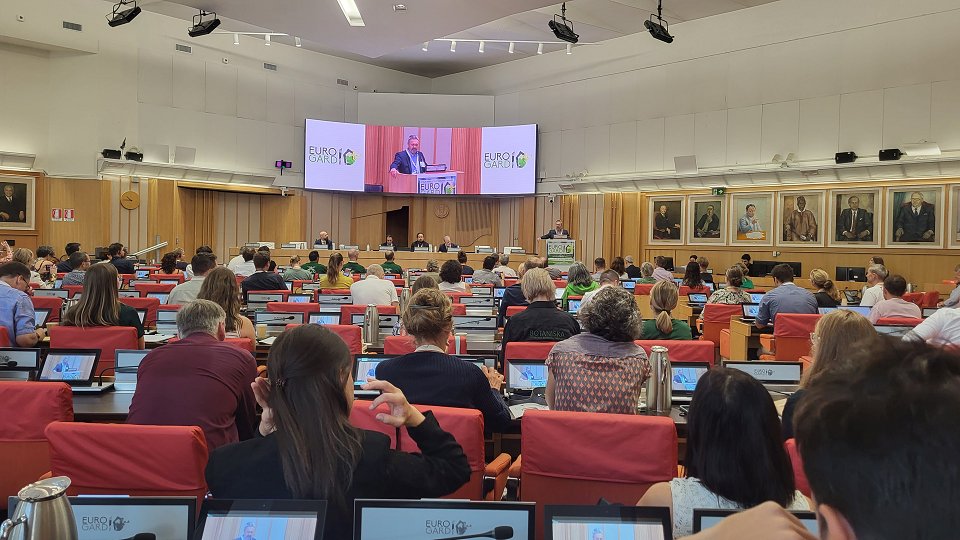
Expected conclusions & strategic forward paths
While the final “conclusions” document is not yet published publicly, the direction and priorities emerging at EuroGard10 suggest the following likely outcomes:
- A stronger mandate for botanic gardens to embed restoration as a central mission.
- Calls for shared protocols and standards (restoration, genetic sourcing, monitoring) to enable cross-garden interoperability.
- Commitment to capacity building, training, and resource sharing, particularly to support smaller or under resourced gardens.
- A clearer interface with policy mechanisms, ensuring botanic gardens’ voice is heard in national and EU restoration planning.
- Emphasis on public engagement and education as part of the ecological restoration mission.
- Publication of the Congress’s outputs (e.g. special journal issue, policy briefs, guidelines) to disseminate learning broadly.
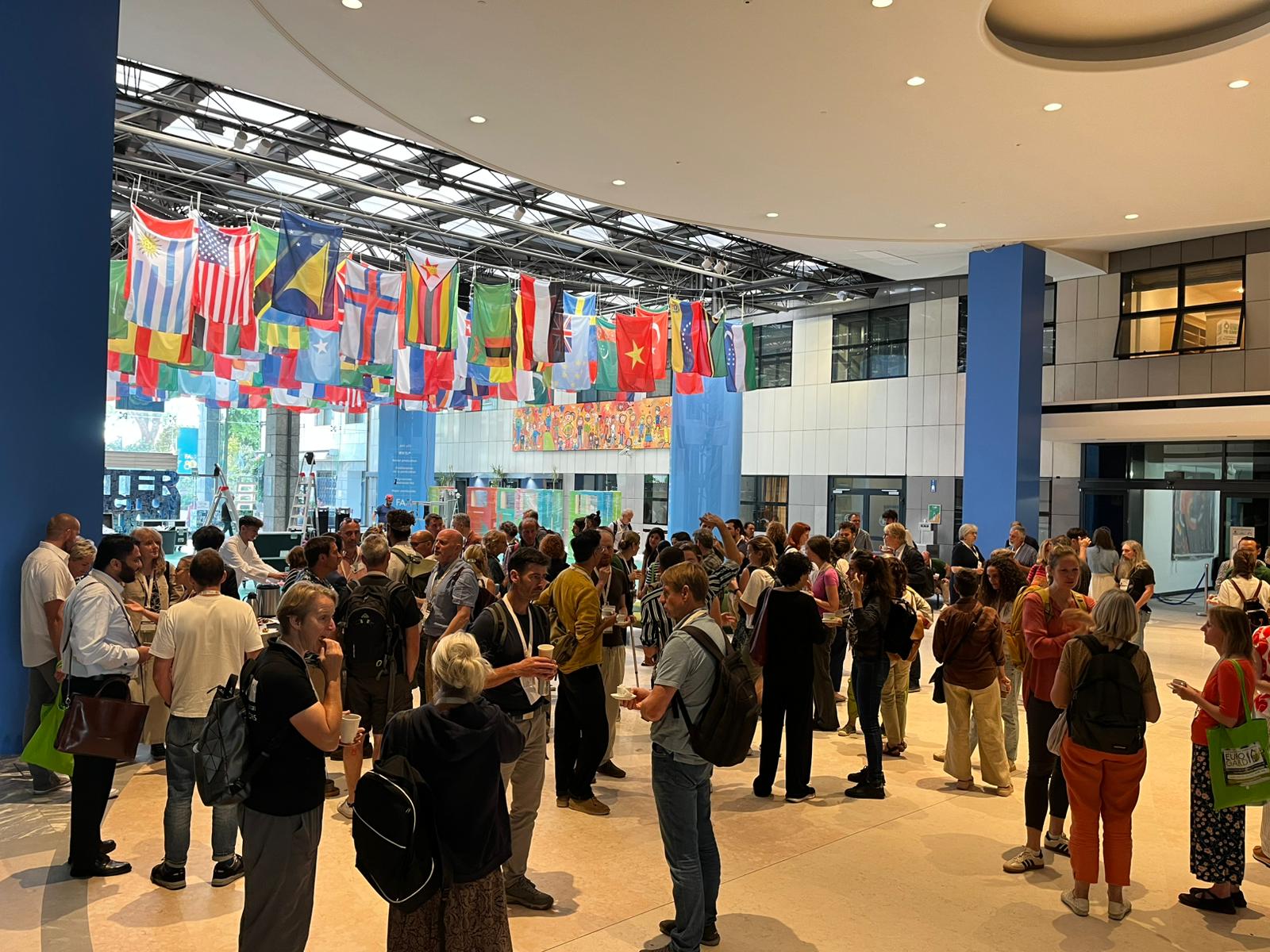
Thank you to the hosts
We would like to thank the hosting institution Orto Botanico dell’Università di Roma “La Sapienza”, its Director Fabio Attorre, and all the staff in the garden who worked tirelessly. Also to Costantino Bonomi from MUSE Trento who led the scientific committee and organised the European Botanic Garden Consortium (EBGC). To all the EBGC representatives who gave their time in chairing, and reviewing abstracts. And to Food and Agriculture Organization of the United Nations (FAO) for hosting the conference.
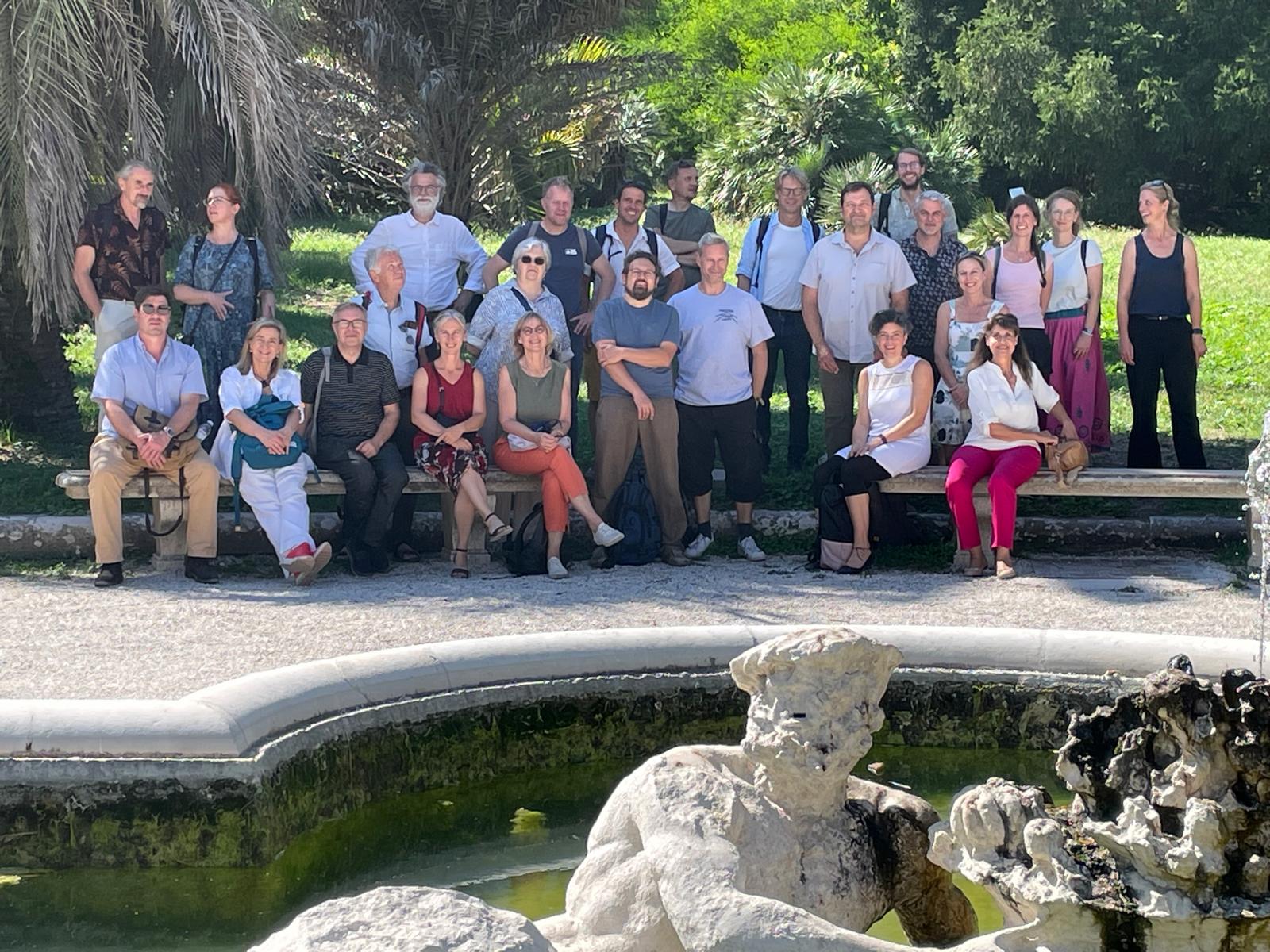
Next EuroGard
We are delighted to announce that the next EuroGard will be held in Oslo, Norway.
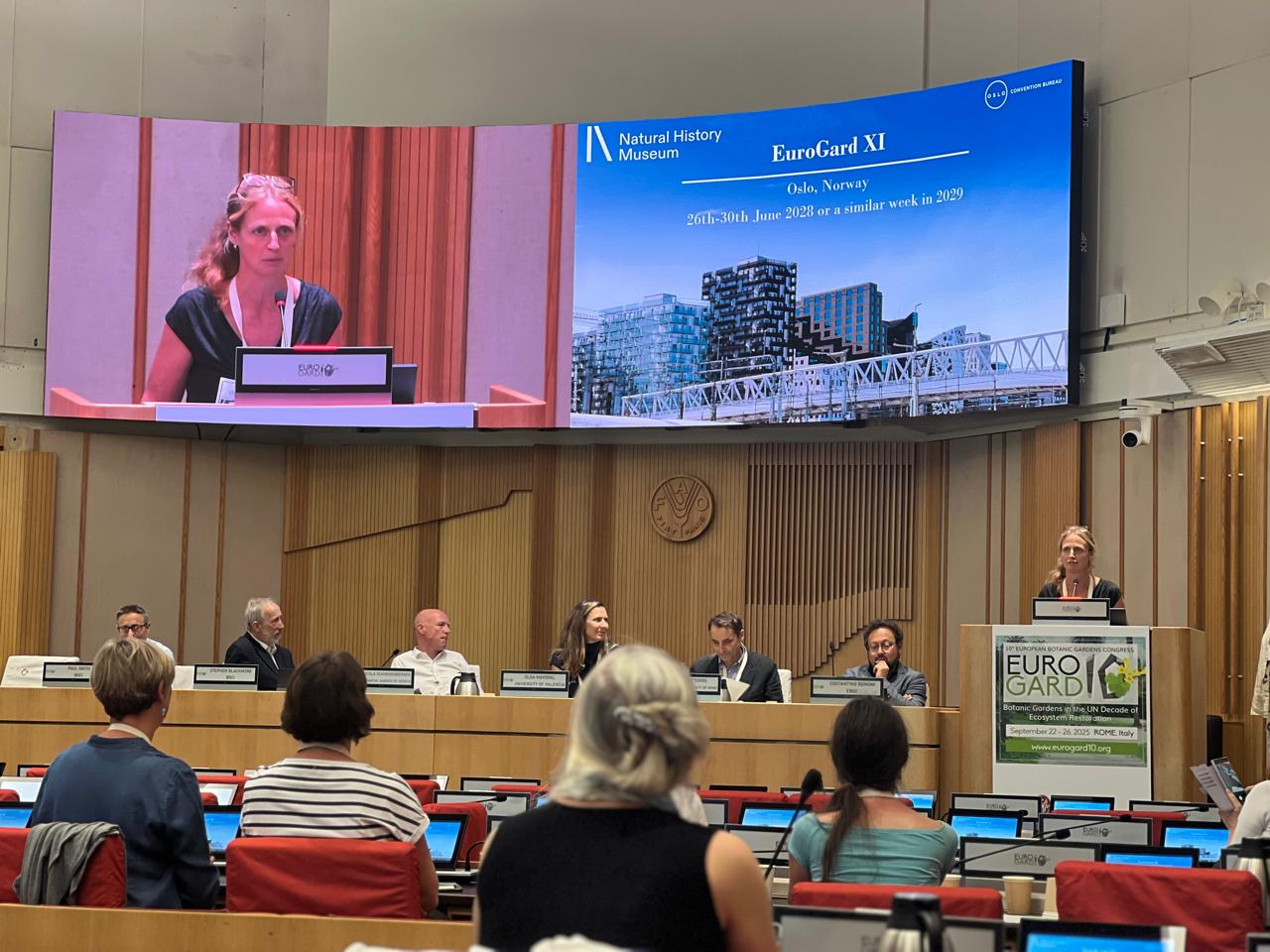
BGCI Databases
Explore BGCI's suites of databases to help plant conservation worldwide. Upload your data!
Become a Member
Be part of the largest network of botanic gardens and plant conservation experts in the world by joining BGCI today!